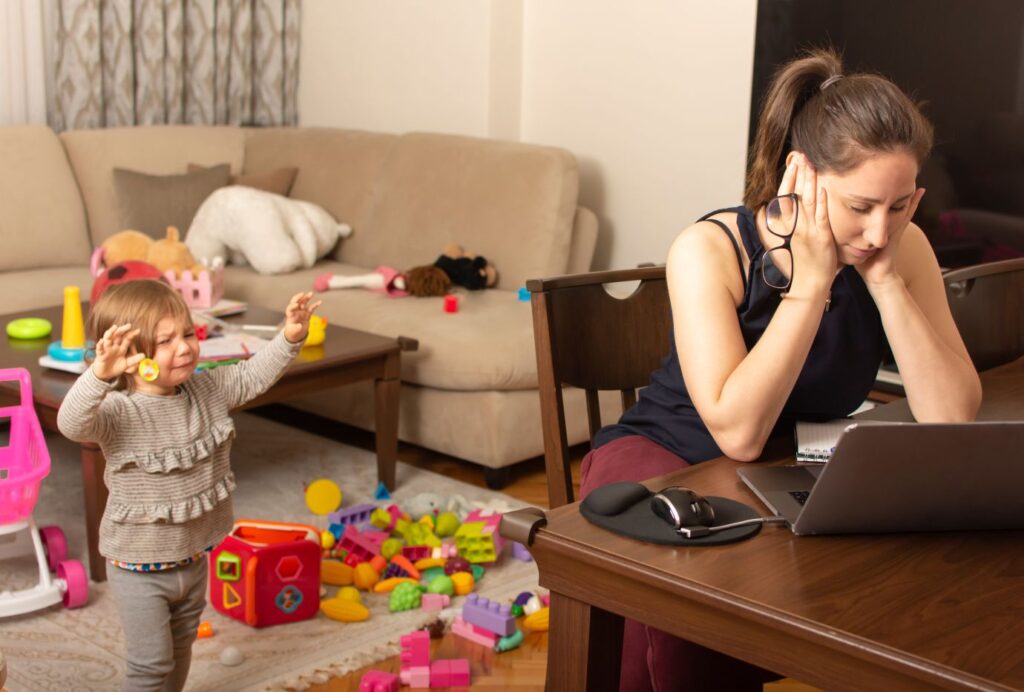One in two Australian women are experiencing a mental health issue in 2025, while almost one in four women have a serious mental health condition.
These are the latest findings from the Liptember Foundation’s annual report on women’s health, which also reveals low self-esteem (50 per cent), financial pressures ( 45 per cent), low self-worth (42 per cent) and sleep deprivation (40 per cent) are the leading triggers for mental health problems in women aged 18 to 70.
It shows no reduction in the large numbers of women struggling with poor mental health compared to last year, and high levels of depression, anxiety, body image issues and insomnia.
The report, Beyond the Surface: Investigating the Mental Health Realities for Australian Women in 2025, was produced in collaboration with the Centre for Sex and Gender Equity in Health and Medicine, founded by The George Institute for Global Health.
“Our latest report shows that across all ages and circumstances, poor mental health is severely limiting women’s ability to participate fully in their lives. They are being stretched too thin, and the price is their mental health,” said Katrina Locandro, Research Lead, Liptember Foundation.
“Women’s mental health is not a niche issue – it needs to be a national priority. With no material change in the numbers – and rates creeping up in most areas – many women are being failed by a system that was never designed with their needs in mind,” she said.
The report highlights a number of concerning statistics, including:
- Among girls aged 14-19, there has been a sharp increase in the prevalence of body image issues (64 per cent in 2025 vs 48 per cent in 2024) and suicide/self-harm (25 per cent in 2025 vs 16 per cent in 2024)
- Women with female-specific physical health conditions like PCOS and endometriosis experience higher levels of psychological distress than those with non-female specific health or no physical health conditions
- More than one in three women experiencing menopause or perimenopause are suffering with perimenopausal depression or anxiety
The Liptember Foundation is urging for policy changes to improve women’s mental health with a new focus on gender-responsive care, including integrating mental health into general services for women’s health.
“It’s clear that mental health services need to be reshaped in real and practical ways to respond to women’s needs, including physiological differences and variations across life stages. We are calling for practical, achievable reforms that will deliver better mental health outcomes for women,” said Locandro.

Director of the Centre for Sex and Gender Equity in Health and Medicine at The George Institute, clinical psychologist Professor Bronwyn Graham, said women face many “invisible” struggles that impact their mental wellbeing.
“Much of women’s burden, such as caring for others, juggling work and home duties, and struggling to meet impossible beauty standards, are invisible but they still have a significant impact on their psychological wellbeing,” said Professor Graham.
“Women also often put themselves last, so when they finally do seek help, it’s important they don’t hit barriers that delay treatment or deter them from getting the support they need.”
There is still stigma attached to managing mental health, with 37 per cent of women believing they could manage their mental health on their own. Affordability was another key factor, with more than one in three women saying they couldn’t afford to seek professional help.
“There is a dangerous assumption among decision makers that systems in place are working fine for women, when they’re clearly not,” said Professor Graham.
“Both current services and future initiatives need to consider mental health through a gendered lens – incorporating women’s biology, including the critical role of hormones, as well as internalised conditioning and societal expectations placed on women today.”


